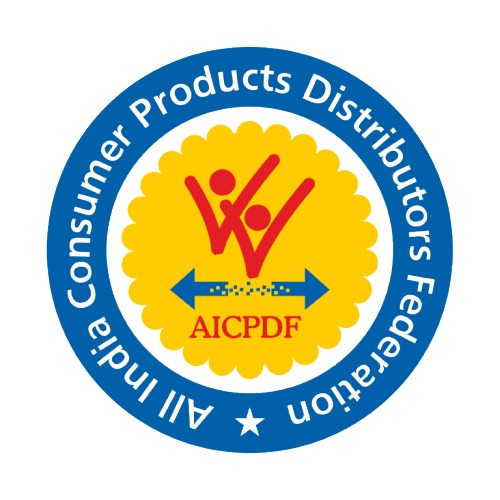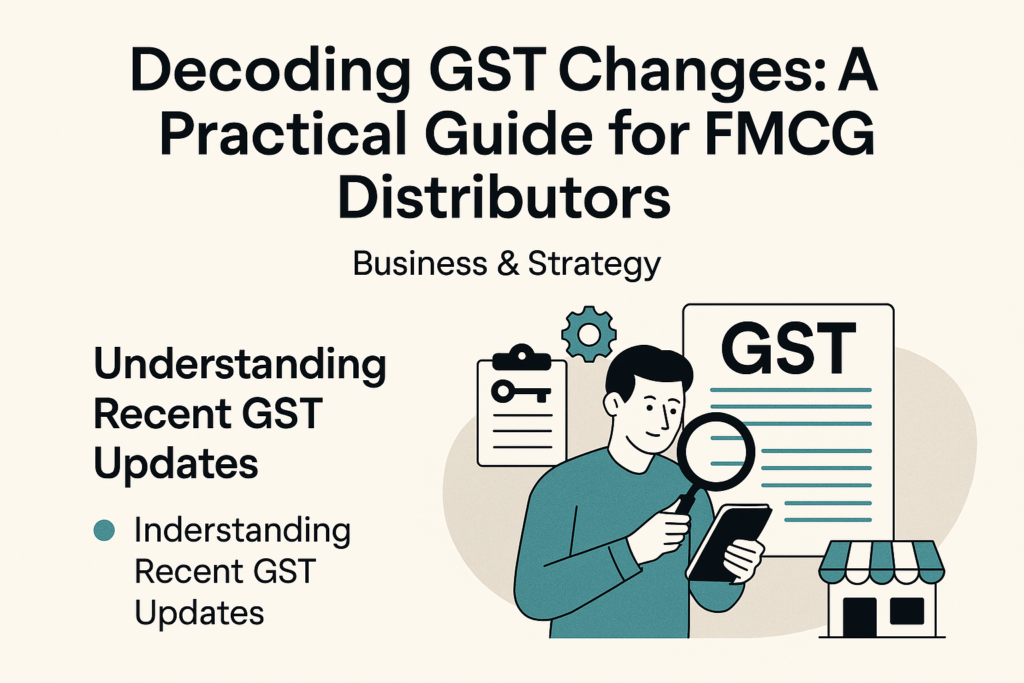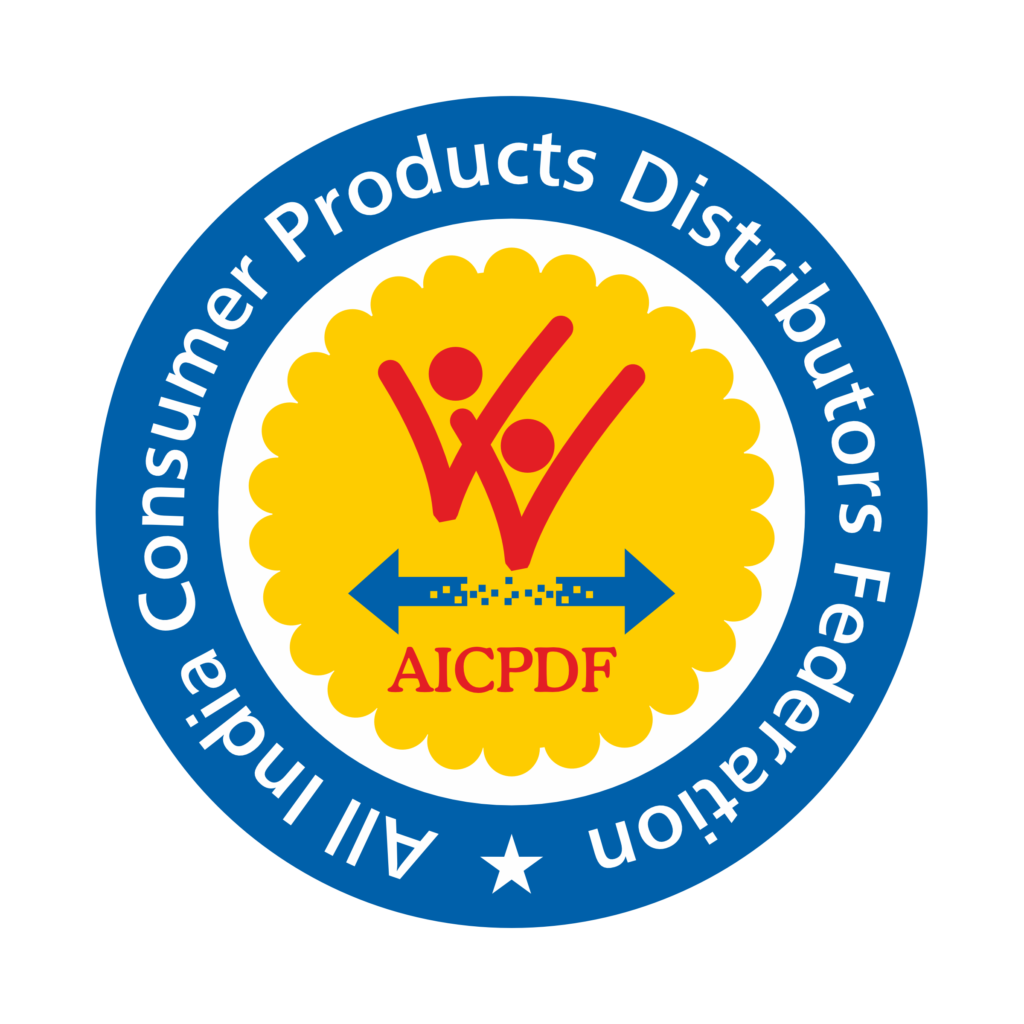The Goods and Services Tax (GST) has revolutionized India’s indirect tax system, but its dynamic nature means frequent updates and changes. For FMCG distributors, staying abreast of these changes is crucial for compliance and business optimization across the retail industry. This article aims to provide a practical guide to decoding the latest GST changes, offering actionable insights to help you navigate the complexities and ensure smooth retail operations.
Understanding Recent GST Updates:
Key Amendments:
Begin by outlining the most recent GST amendments, focusing on those directly impacting FMCG distributors. This could include changes in tax rates, input tax credit rules, e-invoicing thresholds, and compliance requirements for product distributors. Explain the rationale behind these changes, providing context and highlighting their potential impact on the FMCG retail industry.
Impact on FMCG Distribution:
Analyze how these changes affect various aspects of the distribution business, such as inventory management, pricing strategies, and supply chain logistics. Discuss the implications for small and medium-sized distributors, who may face unique challenges in adapting to the new regulations in the retail business.
Practical Tips for GST Compliance:
Accurate Record-Keeping:
Emphasize the importance of maintaining accurate and up-to-date records for all transactions. Provide guidance on using accounting software and other tools to streamline record-keeping and ensure compliance, especially for FMCG distributor businesses and retailers.
Input Tax Credit Optimization:
Explain the rules for claiming input tax credit and highlight common pitfalls to avoid. Offer strategies for maximizing input tax credit claims, such as ensuring timely filing of returns and reconciling purchase and sales invoices, which helps both retail suppliers and distributors.
E-Invoicing and E-Way Bill Compliance:
Provide a detailed overview of the e-invoicing and e-way bill requirements, including the latest thresholds and compliance procedures. Offer practical tips for generating and managing e-invoices and e-way bills, highlighting the benefits of automation for distributors for retail stores.
Regular Reconciliation and Audits:
Explain the importance of regular reconciliation of GST returns and conducting periodic internal audits. Provide guidance on how to identify and rectify discrepancies, minimizing the risk of penalties and legal issues in retail and business operations.
Leveraging Technology for GST Compliance:
GST Software Solutions:
Discuss the benefits of using GST-compliant software to automate tax calculations, generate reports, and manage compliance. Recommend reputable software providers and highlight their key features for FMCG distributors and retail business owners.
Data Analytics and Reporting:
Explain how data analytics can help distributors gain insights into their GST compliance status and identify areas for improvement. Discuss the importance of generating accurate and timely reports for decision-making in the retail industry.
Staying Updated with GST Changes:
Reliable Sources of Information:
Provide a list of reliable sources for staying updated with GST changes, such as the official GST portal, government notifications, and reputable tax advisory firms. Encourage distributors to subscribe to newsletters and attend webinars to stay informed, especially those in the FMCG distributor business.
Seeking Expert Advice:
Emphasize the importance of consulting with tax professionals and advisors to ensure compliance and address specific concerns. Highlight the benefits of AICPDF resources, and expert connections across the FMCG retail industry.
Conclusion:
Navigating GST changes requires a proactive and informed approach. By understanding the latest amendments, implementing practical compliance strategies, and leveraging technology, FMCG distributors can minimize risks and optimize their tax management in the retail industry.



